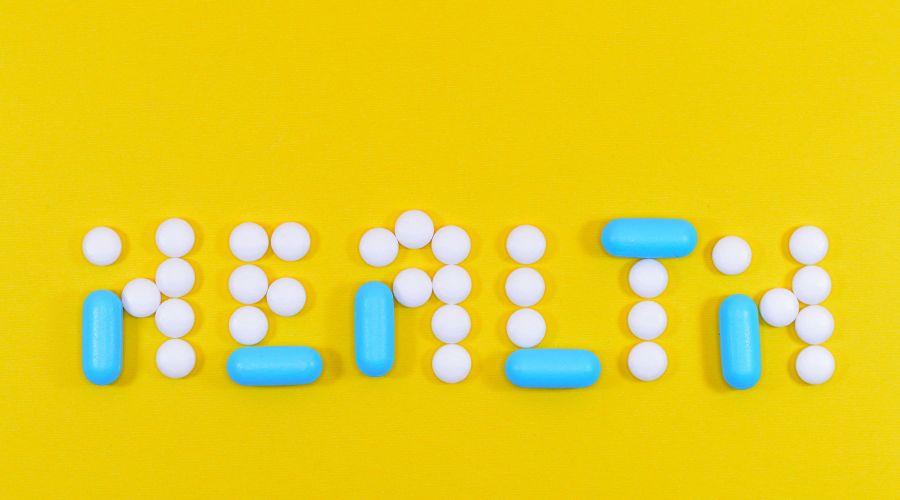As digital marketing strategies continue to play an increasingly vital role in the pharmaceutical industry, ensuring compliance with data privacy regulations such as the General Data Protection Regulation (GDPR) is more critical than ever. Pharmaceutical companies not only need to manage cookie consent effectively but also align with GDPR principles to build trust with healthcare professionals (HCPs) and patients alike.
In this article, we explore the growing importance of GDPR compliance for pharmaceutical companies, highlighting the challenges and practical steps needed to ensure compliance—without compromising the effectiveness of your digital marketing strategies.
Why GDPR Compliance Matters in Pharma
Pharmaceutical companies rely heavily on engaging HCPs through digital channels to deliver scientific content, updates on therapeutic areas, and product information. With these interactions involving personal data collection, particularly through the use of cookies, companies must ensure they meet GDPR’s strict requirements. This isn’t just about avoiding penalties—non-compliance could lead to reputational damage and loss of trust among HCPs and patients.
But what are the essential GDPR principles, and how can pharma companies ensure they are compliant when handling cookies and user data?
Key Principles of GDPR for Pharmaceutical Companies
To manage personal data effectively, companies must address several core areas of GDPR compliance:
- Lawful Processing: Companies need to ensure they have a valid legal basis for processing HCP data, which often involves obtaining explicit consent—particularly when it comes to the use of cookies.
- Transparency and Consent: One of the key requirements of GDPR is providing clear, easily accessible information about how personal data is collected and used. This extends to cookie consent mechanisms, where users must be fully informed about the types of cookies being used and given the option to accept or reject them.
- User Rights: GDPR enforces a number of rights for individuals, including the right to access, rectify, or erase their personal data. Pharmaceutical companies must provide easy-to-use mechanisms for HCPs to exercise these rights.
These principles are essential for maintaining compliance, but pharmaceutical companies must also overcome specific challenges unique to their sector, such as balancing personalized engagement with data privacy.
Overcoming Common Challenges
Some of the most pressing challenges in GDPR compliance for pharmaceutical websites include:
- Obtaining valid consent for cookies: Managing cookie consent can be complex, particularly when dealing with multiple third-party vendors.
- Maintaining data transparency: Ensuring that HCPs fully understand how their data is being used, and providing them with the control to withdraw consent.
- Auditing and managing third-party cookies: Ensuring third-party vendors are also GDPR-compliant can be challenging, especially with constant regulatory changes.
By implementing Consent Management Platforms (CMPs) and adopting best practices in cookie management, companies can streamline GDPR compliance while maintaining high engagement levels with HCPs.
Practical Steps for Ensuring Compliance
To ensure GDPR compliance in the pharmaceutical sector, companies can take several actionable steps:
- Deploy CMPs: Utilizing a Consent Management Platform (CMP) helps manage cookie consent across multiple channels, ensuring compliance and accurate record-keeping.
- Regular Audits: Conducting regular audits of your cookie management and third-party vendor compliance is critical for staying up to date with regulations.
- Advanced Data Protection Techniques: Use encryption and pseudonymization to protect sensitive HCP data, reducing the risks of data breaches while maintaining the usability of the data for analytics and marketing.
These practical steps not only help ensure GDPR compliance but also build trust with HCPs and patients by prioritizing data privacy and transparency.
Future Trends in GDPR Compliance
As the digital landscape evolves, so do the technologies available to enhance GDPR compliance. Tools like AI and blockchain are already being explored to simplify compliance efforts, manage consent logs, and even track data in a decentralized and transparent manner. Pharmaceutical companies that adopt these technologies will be well-positioned to navigate future regulatory challenges and maintain strong relationships with their HCP audiences.
Want to Learn More?
The full white paper dives deeper into the specific strategies that pharmaceutical companies can use to ensure GDPR compliance while engaging with healthcare professionals. From case studies to best practices in cookie management, the white paper provides a comprehensive guide to aligning privacy regulations with your digital marketing strategies.



